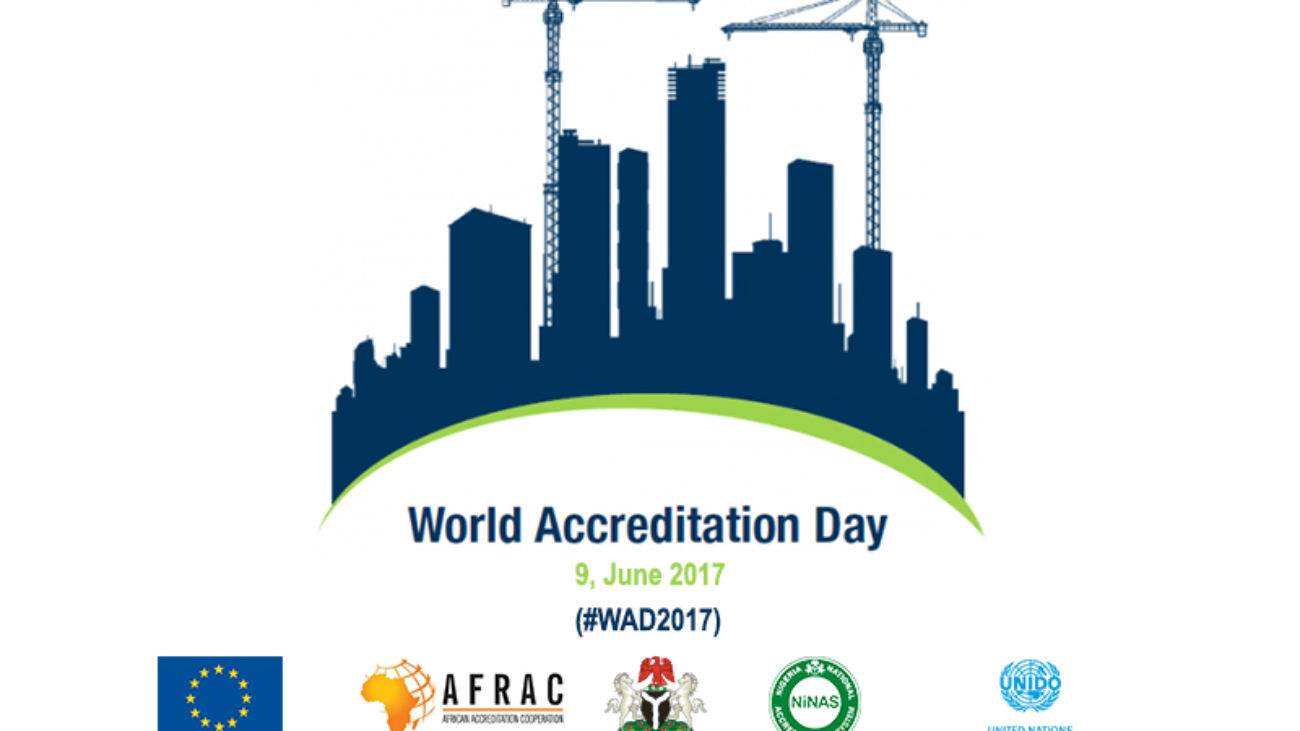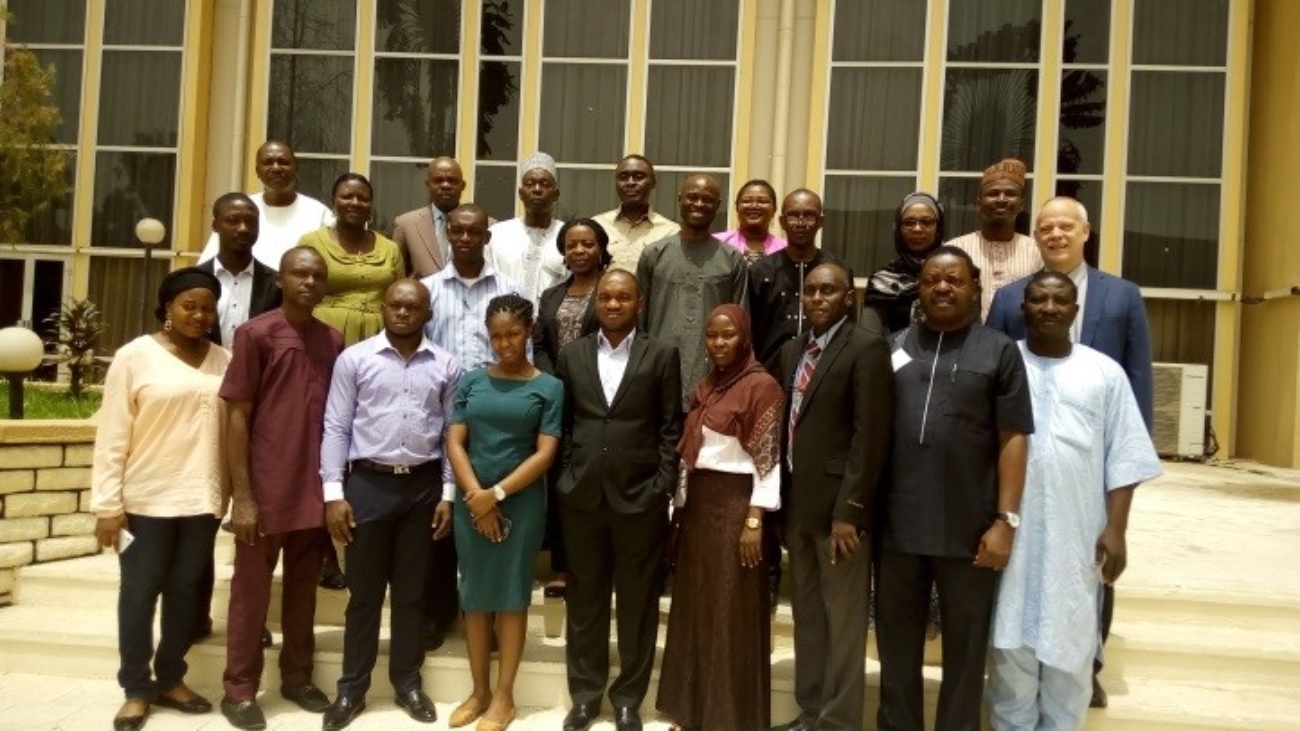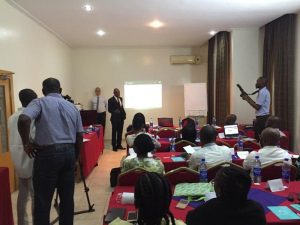On the 9th of June 2017, Nigeria National Accreditation Service (NiNAS) will join the global accreditation community to celebrate the World Accreditation Day (WAD). The WAD, is a day set aside globally by the International Accreditation Forum (IAF) and the International Laboratory Accreditation Cooperation (ILAC) to create awareness on Accreditation.
NiNAS has just recently been successfully established through the second component of the National Quality Infrastructure project funded by European Union and implemented by United Nations Industrial Development Organization (UNIDO) and the Government of Nigeria. For NiNAS and its stakeholders, this year’s celebration is special as NiNAS will be unveiled to all Nigerians at this occasion.
NiNAS accreditation services shall build confidence in Nigeria made products and services for local and international trade by ensuring quality and integrity of these products and services. The establishment of NiNAS is quite timely to support Nigeria and its people in diversification of economy to the non-oil based sources of foreign exchange. This will be achieved by providing accreditation of conformity assessment services, which was hitherto unaffordable and difficult to access, within the reach of conformity assessment bodies (CABs) such as testing and calibration laboratories, inspection and certification bodies.
This implies that these CABs operating within Nigeria now have access to affordable accreditation services that can demonstrate their competence to carry out specific tasks. NiNAS shall grant accreditation to CABs that meet the requirements of specific standards of International Organization for Standards (ISO), and is working towards ensuring that the NiNAS accreditation brand is recognized and accepted globally.
This year’s theme is “Accreditation: Building Confidence in the Construction and Built Environment”. It focuses on how accreditation can support professionals in the construction industry to deliver quality and safe infrastructures. This cannot be achieved without conformity assessment. Accreditation plays the role of ensuring that conformity assessment bodies that test, inspect and certify these constructions are themselves conforming to international standards. Accreditation services can be applied to every component in the construction industry starting from building materials, construction processes, and personnel certification of architects, surveyors, engineers, and all others involved in this process, as well as other sectors of our economy.
Nigeria has recorded a number of building collapses resulting from cases of substandard construction projects. The situation is worsened by non-professionals involved in obtaining and executing construction contracts. NiNAS plans to use this day to bring all stakeholders together to discuss how accreditation can be used as a tool to protect our citizens and their investment by bringing sanity into the construction and built environment through application of accreditation services.
Scroll over the image below for an illustration of the impact and extent that accreditation has in the construction sector and the built environment.



